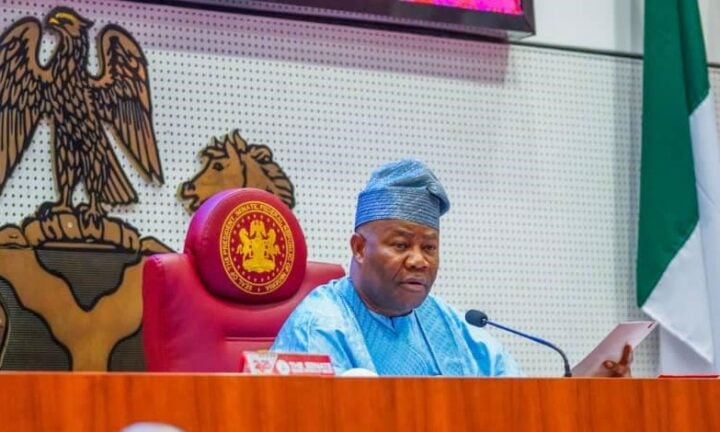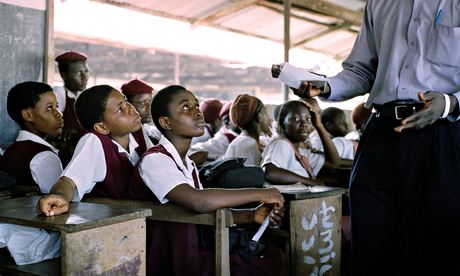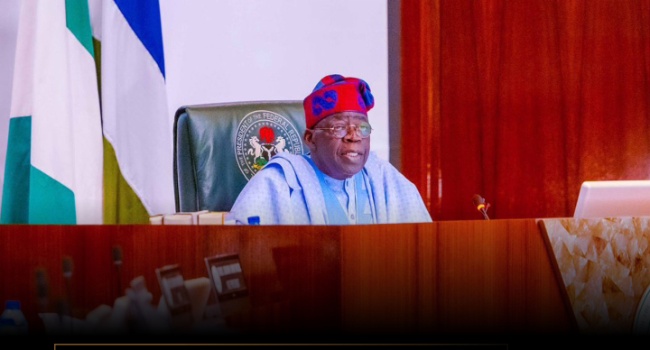As Africa navigates this super year of elections, election and information integrity and voting rights will come under pressure due to the zero-sum nature of Africa’s politics. The appropriation of AI-generated disinformation and misinformation to delegitimize electoral institutions and processes and influence voter behavior towards elections. Big tech companies and technologists’ unregulated incursion of the electoral process also poses significant threats to electoral trust.
As African electoral commissions begin to harness the undeniable potential of AI for improving efficiency and trust in the electoral process, they must recognize AI is no silver bullet but an enabler of improved electoral processes. The perennial operational challenges and procedural shortcomings plaguing African elections could be minimized with AI adoption. However, they won’t eliminate these challenges if electoral commissions fail to plan adequately and deploy election officials with integrity.
While debates on AI and elections center on the impact of disinformation and disinformation on elections, the adoption of AI is underexplored its role in election management specifically. As a response to this trend, the African election observation ecosystem represented by Yiaga Africa, African Election Observation Network (AfEONet), Elections Observation Group (ELOG), West Africa Election Observers Network (WAEON), Electoral Support Network of Southern Africa (ESN-SA) hosted a conference on Artificial Intelligence and Elections in Africa with the support of the Luminate Group to explore the opportunities and risks of AI-powered electoral processes especially as eligible voters in twenty-four African nations are expected vote in executive and legislative elections this year. The conference assembled electoral commissions, election experts, donors, academics, civil society groups, big tech companies and regional institutions from 22 African countries.
The conference participants reflected on four critical debates on AI and African elections. First, the discourse on AI and elections is shaped by binary power relations with Africa at a disadvantage due to its limited ownership of the technological infrastructure to power AI systems. Africans own none of the big tech companies. Second, in a continent where technological systems’ accuracy, reliability and efficiency are validated by electoral outcomes and not vice versa, wholly relying on AI to deepen electoral integrity might not bridge the trust gap. Third, the discourse on AI regulation may be premature considering the rapid evolution of AI and its early stages of adoption in most climes. Lastly, the financial, political and social costs of AI uptake in elections outweigh its benefits.
Advertisement
While the role of AI in African elections is still evolving, a small fraction of African electoral commissions are advanced in AI uptake for elections. A recent Yiaga Africa survey of electoral commissions in 22 African countries reveals that AI is being deployed for voter register management, automated chatbots for voter engagement, voter authentication and cyber threat detection in South Africa, Eswatini, Madagascar and Nigeria respectively. AI is addressing the challenge of human interference and inefficiency in elections by facilitating oversight and accelerated decision making. Advanced analytics and machine learning models detect anomalies and inaccuracies in election data to avert election manipulation.
The percentage of African electoral commissions not engaged in deploying AI for elections outweighs those employing AI systems. A plethora of reasons account for this non-adoption. They include financial constraints, AI-generated harmful or misleading information that negatively impacts voter behaviour and potentially results in voter disenfranchisement. Also, political actors can also exploit generative AI to impersonate election officials and clone election results management processes. AI prediction of voter behaviour based on unfettered access to voters’ data undermines privacy rights and could intensify biometric surveillance. Similarly, AI-based authentication of voters’ facial or fingerprint features could produce authentication errors, and algorithms may lead to bias against specific voters. These concerns disincentivize AI adoption by most African electoral commissions.
Robust socialization of AI, improved access to AI tools, successful use cases of AI-powered electoral processes, affordability of AI systems, and AI enabling polices and legal framework can incentivize AI adoption in elections. Most electoral commissions with a history of AI adoption have little or no regulations for AI uptake in elections. It is for this reason, the African election observation ecosystem is establishing an Africa Working Group on AI in elections to advance the role of AI in elections, advocate for a multi-level, multi-layered and networked AI regulatory framework and study future impact on AI in elections.
Advertisement
As stakeholders explore AI adoption and machine learning in African elections, attention must be placed on the risks and opportunities AI systems pose for election integrity, voting rights and information integrity. Efforts must be made to ensure AI technology is not employed to deepen democratic backsliding in the electoral process; instead, it should enhance electoral integrity. In response to the opportunities and risks of AI, election authorities, election observers and other stakeholders should adopt a value-based approach towards AI uptake in elections to ensure the risks it poses to election integrity, voter rights and democracy are curtailed. This includes upholding the principles of fairness, reliability, safety, privacy, transparency, inclusivity in designing, deploying and regulating AI systems in African elections. The world’s first most comprehensive AI regulation recently passed by the EU and the UN General Assembly resolution on AI provide a model for Africa to develop and adopt its own regulatory framework. Africa needs a regulatory framework to inhibit the manipulation of AI to undermine election integrity, information integrity and democracy. In addition, electoral commissions and election observers should update their knowledge base to deepen understanding of AI and keep up with the pace of its evolution.
Samson Itodo is an election, democracy, and public policy enthusiast. Itodo serves as the Executive Director of Yiaga Africa and Principal Partner, Election Law Center. He is also a member of the Kofi Annan Foundation board and the Board of Advisers of International IDEA. Please send comments and feedback to [email protected]. He tweets @DSamsonItodo.
Views expressed by contributors are strictly personal and not of TheCable.
Add a comment







